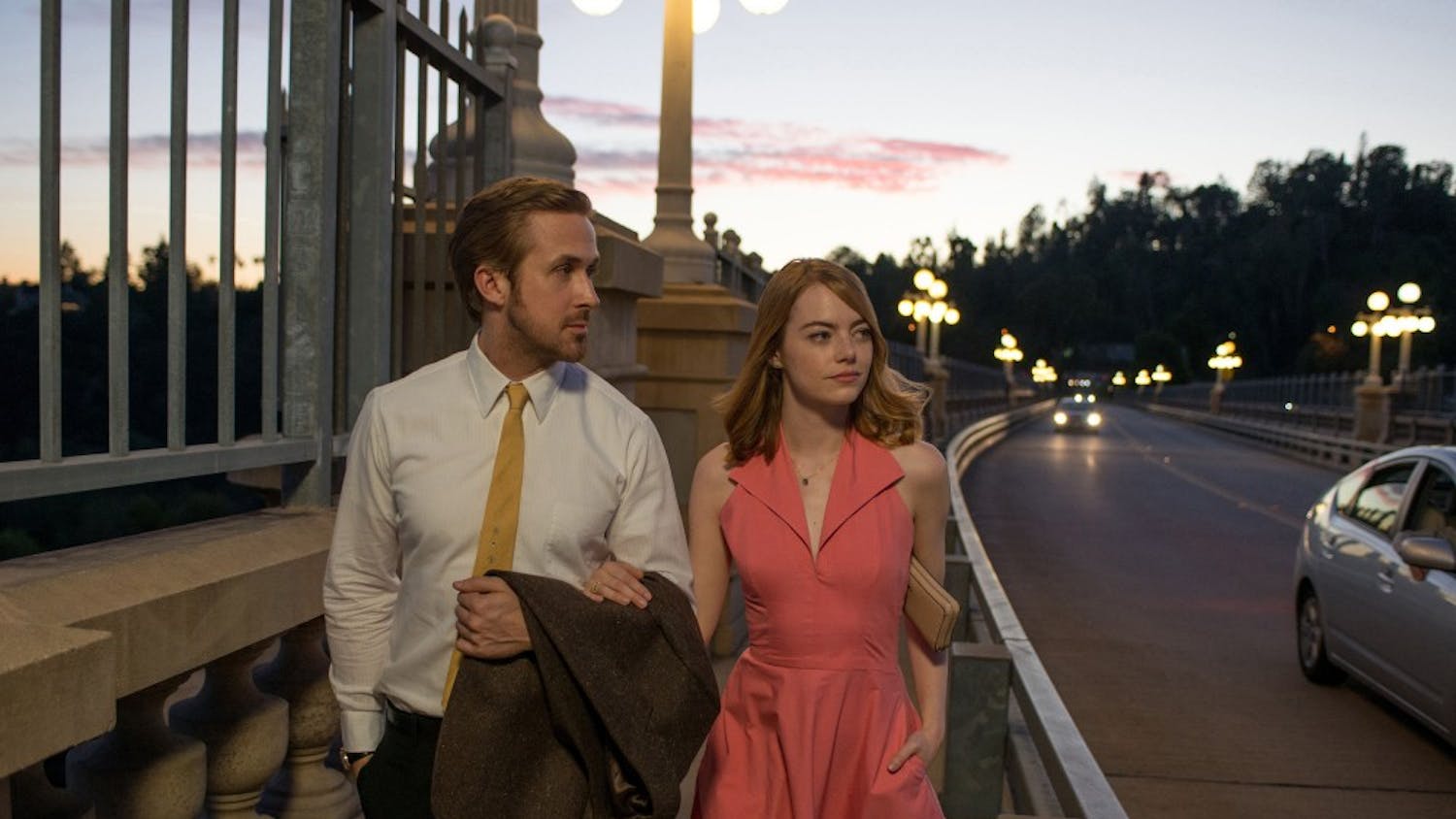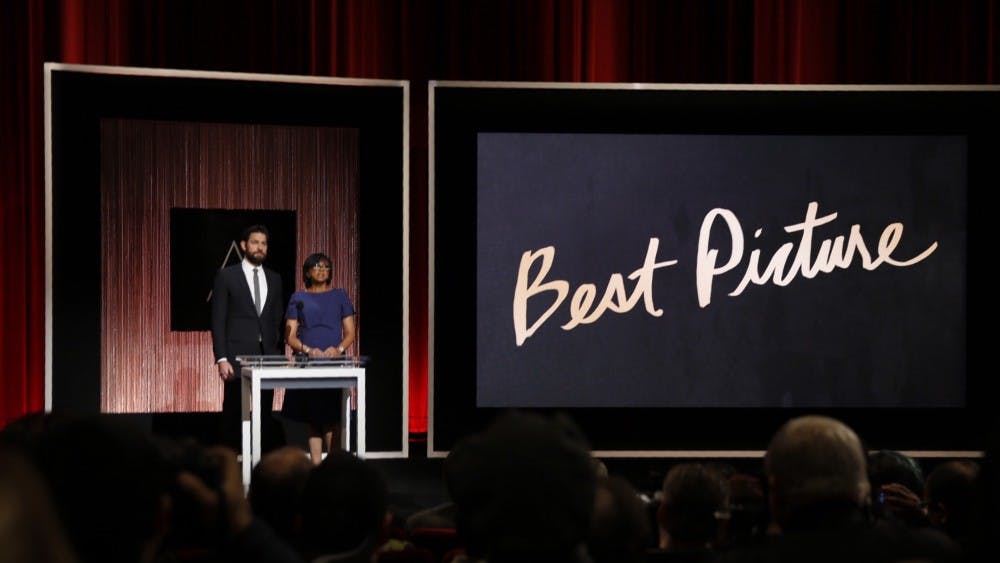Up until a few weeks ago, I had been avoiding HBO’s “True Blood” like a vampire avoids light. The first season of the show didn’t get a load of love from my favorite critics, the fans seemed too obnoxious on the Internet, and I’m oh so over the vampire craze.
When the show gained momentum leading up to and so far into season two, I was almost sucked in. But do you want to know what finally got me to watch? Alan Ball.
Ball is the executive producer of “True Blood,” and the “showrunner” as they say in the business.
Though most people still tune in to certain programs because of the actors or even the content, there seems to be a growing emphasis on who runs things behind the scenes. Even among casual viewers, the names of major executive producers and showrunners are probably familiar; names like J.J. Abrams stick out.
To me, this reflects a bit of a sea change in the industry in terms of how audiences have perceived content creation, specifically when comparing the film and TV industries.
Before the past 10 to 15 years, typical audiences, cultural critics and really anyone else placed film above television when it came to relevance, importance or general taste. As heard in any media studies course, film was (and still is) long-known as more active, because you have to actually go to the theater to see a film in its first run.
On the flip side, television is something that is just on while you’re folding towels at 4 o’clock in the afternoon – you don’t engage with it.
In relation to those ideas, film has always been a place for “auteurs,” where a director’s vision is emphasized, respected and recognized as the driving force behind a feature, while in television, people sort of view it as a product that is more a collaborative effort.
As Steven Spielberg, Alfred Hitchcock, Woody Allen, Francis Ford Coppola, Stanley Kubrick and Martin Scorsese are lauded for their “vision,” people, for a long time, either never thought about who brought television to them or just figured it was a bunch of hacks who couldn’t cut it in the film industry.
But now, a series of changes have given those working behind the scenes in television more cultural clout. First of all, the first-week-box-office-driven film industry economy that looks only for a big number on those first three days disallows the artistic vision and effort put into films like audiences saw up until and through the 1970s. The oligopolistic studio system also boxes out up-and-comers who might have refreshing talent.
This pushes more talented people toward television, which allows for longer-form stories to be told (hopefully) with attention to detail and character. And probably because all of these have happened, television has become more culturally renowned – which only permits more talented people to get into the industry instead of film.
And thus, suddenly, a lot of the great “artists” of the last decade or so have actually been found in television, not film. In recent years, only a few, newer filmmakers come to mind as those who will be remembered for a long time – Peter Jackson, Christopher Nolan and Guillermo Del Toro – while older greats such as Allen, Scorsese, Spielberg, David Lynch and Quentin Tarantino trek on.
But in television, there are a lot more producers/writers/showrunners who’ve been labeled “genius” or whatever hyperbolic adjective Variety uses that year: David Milch (“Deadwood”), Damon Lindelof and Carlton Cuse (“Lost”), Matthew Weiner (“Mad Men”), David Chase (“Sopranos”), Aaron Sorkin (“The West Wing”), David Simon (“The Wire”) and Ball, to name some.
Maybe this is my admittedly biased opinion toward television, but it’s hard to deny how much more satisfying it is to watch characters develop during six years instead of two hours. And that’s why in the last decade, there have been more truly great TV dramas than film ones.
When people remember this era, they’ll hopefully remember it was the time when television surpassed film in terms of quality, relevant and “important” programming.
TV is the new film

Get stories like this in your inbox
Subscribe





